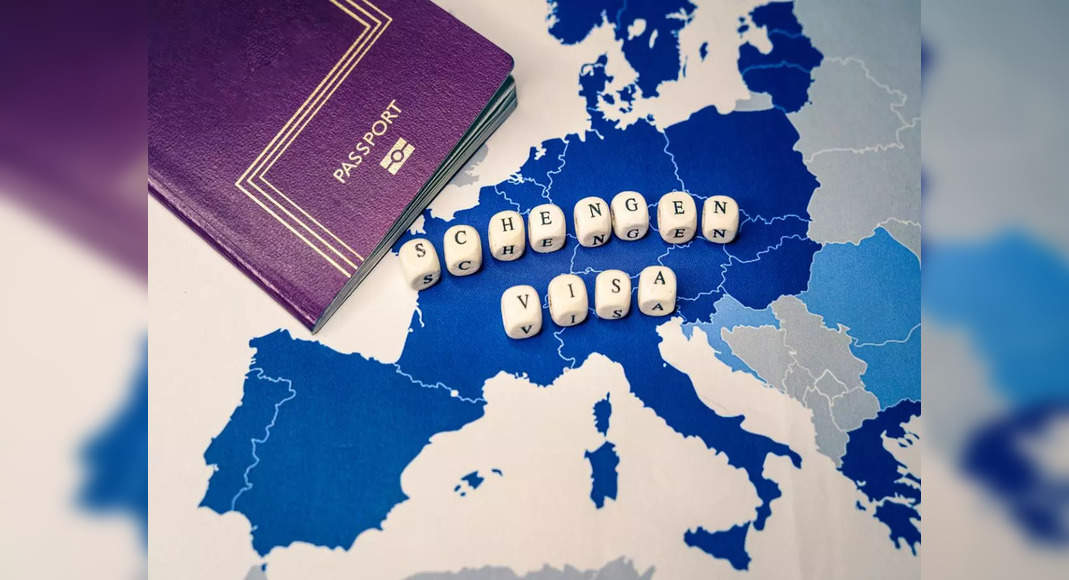Travel
The new rules for Australian passport holders in Europe

At some date in 2025, Australian passport holders will need an ETIAS Travel Authorisation to enter the EU, but don’t hold your breath. The ETIAS program was approved in 2016 with a proposed start-up date of 2020. Since then, it’s been postponed, delayed and shoved on the back burner – year after year.
In 2022 EU authorities charged with implementing the scheme changed the start date to 2023, then 2024, and now we have a commencement date of 2025. It’s got to be like the boy who cried “wolf”, but this time, “really, honestly, scouts’ honour, this time it’s gonna happen”, the EU authorities promise.
All going to plan, you’ll need an ETIAS Travel Authorisation before landing in Europe from next year.Credit: iStock
What is ETIAS?
ETIAS – the European Travel Information and Authorisation System – is a visa waiver system for those visitors whose countries are not part of the EU. Some nationalities will still require a visa to enter the Schengen Zone (29 European countries with freedom of movement between them), but Australia is one of about 60 countries that are deemed a low-level threat to the safety and security of the region and its people, and therefore we qualify for the ETIAS.
Applying for an ETIAS can only be done online, and it’s straightforward. Access the official ETIAS website (travel-europe.europa.eu/etias_en) or download the ETIAS app, which is – surprise – currently under construction. Complete the application form, pay the fee of €7 ($11.50), submit your application and await an email confirming the outcome. Applicants under 18 or over 70 pay no application fee.
Loading
Once granted, the passport holder has the right to enter and remain in the countries of the Schengen Zone plus most of Europe’s non-Schengen countries and microstates, such as Andorra and Monaco, for up to 90 days in any 180-day period.
Apart from a few Balkan countries such as Serbia, the ETIAS covers all of continental Europe plus the Nordic countries. Once approved, an ETIAS is valid for three years, or until the passport expires. During that time, passport holders can make multiple entries into the Schengen Zone.
Beware of fake websites masquerading as official ETIAS websites. They’re scammers; they’ll charge more than the official fee, and once you hand over your credit card details, you open yourself up to possible fraud.









